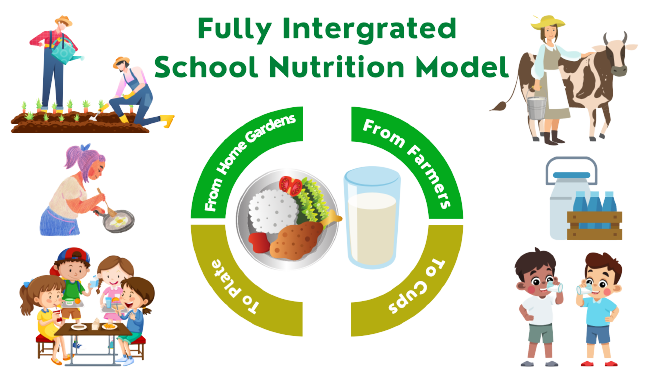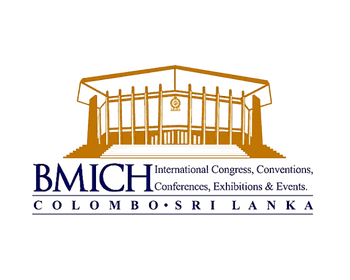Rise Up
Projects
Rise Up School Meal Program, offers a comprehensive approach to addressing school nutrition in Sri Lanka. By integrating local agriculture, evidence-based nutrition planning, food literacy, and physical well-being.

How Can You Support Rise Up Projects?
RISE UP MODEL
The Rise Up School Nutrition Model is a holistic approach to improving school nutrition in Sri Lanka that involves several key components: utilizing local agriculture, engaging the community, implementing evidence-based nutrition plans, promoting food literacy, and promoting physical well-being. This model is currently supported by private donors, and Rise Up is building multiple channels of sustainable funding sources to strengthen the model.
Community involvement is a key aspect of the Rise Up School Meal Program. Parents of the participating schools prepare the meals on school premises, ensuring they are fresh and warm. This also helps to increase awareness and food literacy among the parents, who can then apply this knowledge to their own home cooking. Currently, the meals are prepared in makeshift school kitchens, but Rise Up is working to establish more organized and efficient kitchens. Throughout this process, parents actively engage with the school principals and teachers to make the program inclusive and sustainable.
The incorporation of local agriculture into the Rise Up School Nutrition Model improves the program’s food security by sourcing the majority of ingredients for school meals from nearby farmers. This lowers the cost of inputs and helps keep funding within the local village economy. In addition to vegetables, pulses, and greens, the Rise Up model also supports milk and egg production at the village level.
Our Projects
Integrated, Community-Driven Approach To Address Malnutrition Among School Children
Rise Up 1000 Days
Project
Rise Up Community Nutrition Division is launching a multi-level nutrition program to address malnutrition among children in Sri Lanka, utilizing principles of nutrition management during the critical first 1000 days from conception to age 2.



